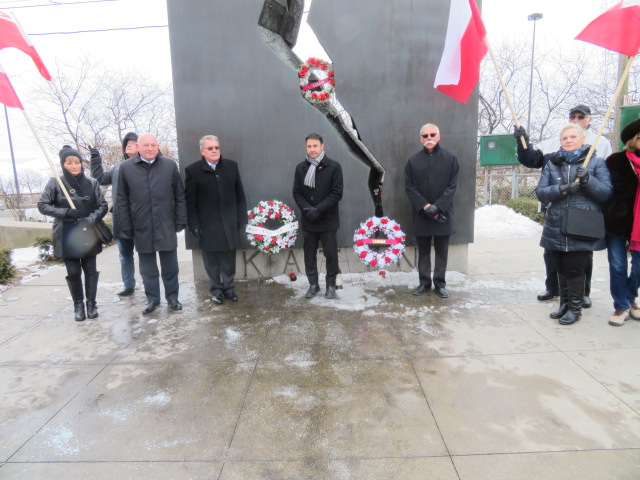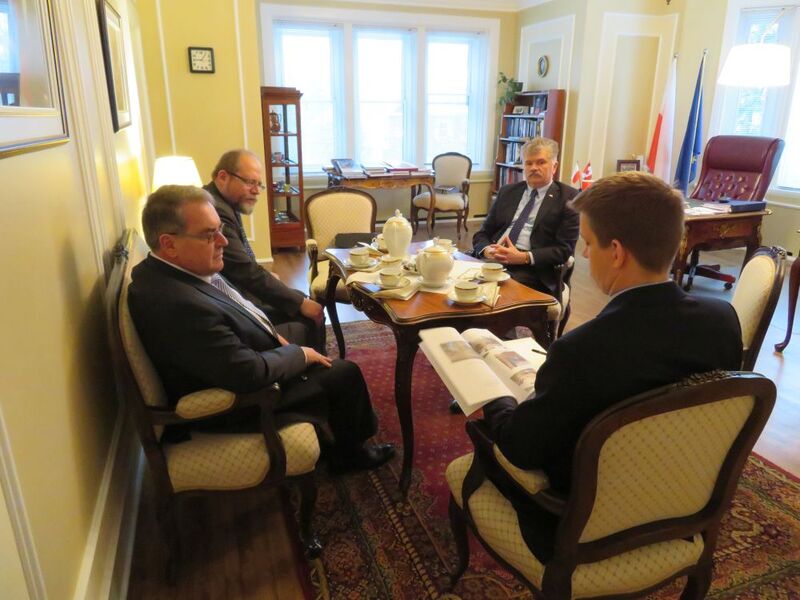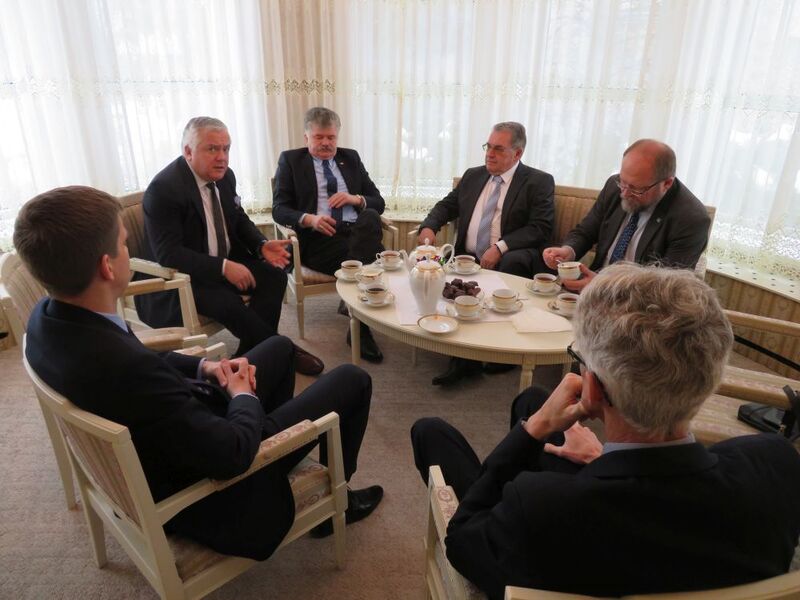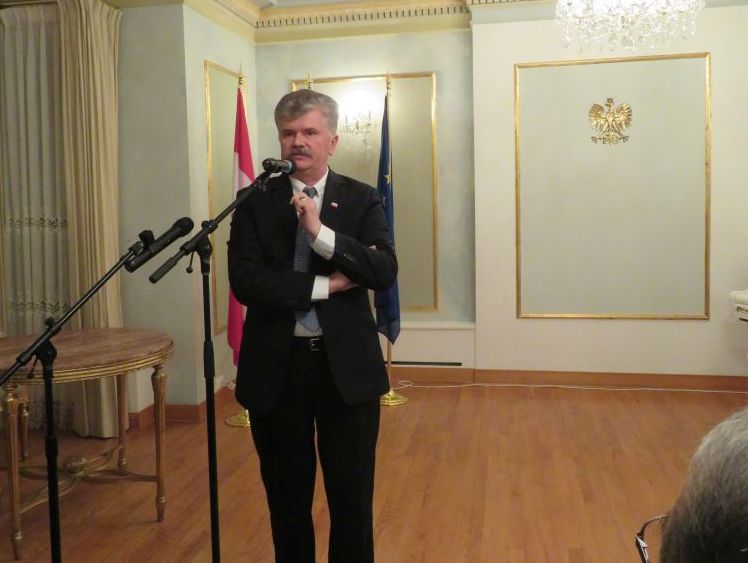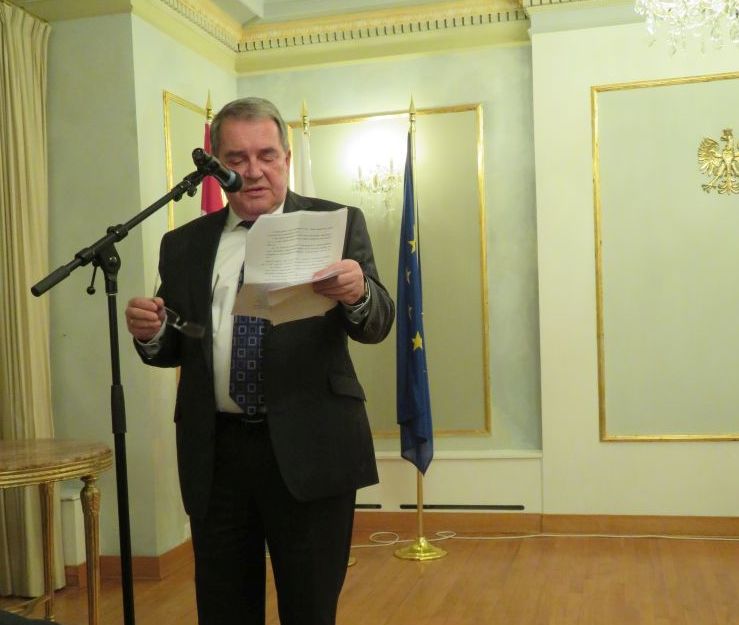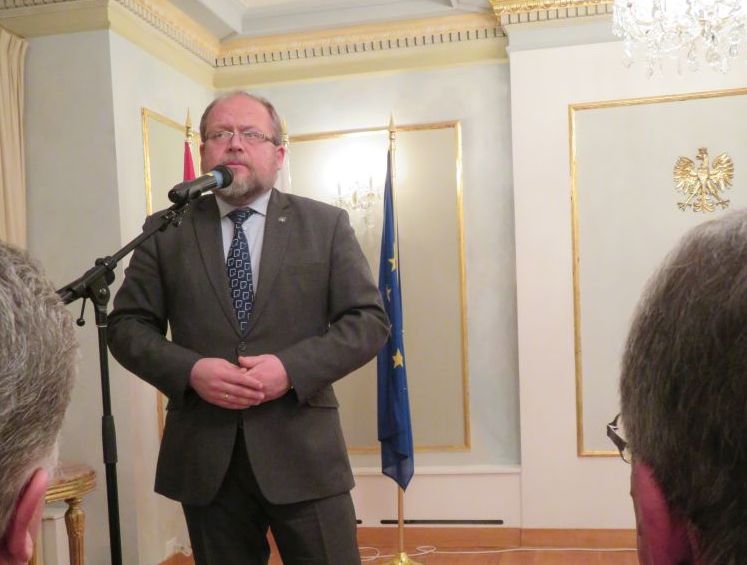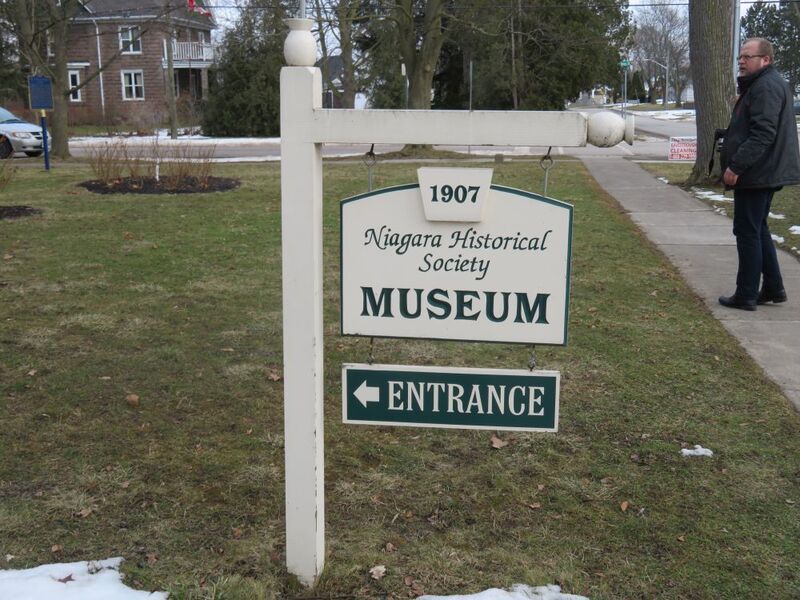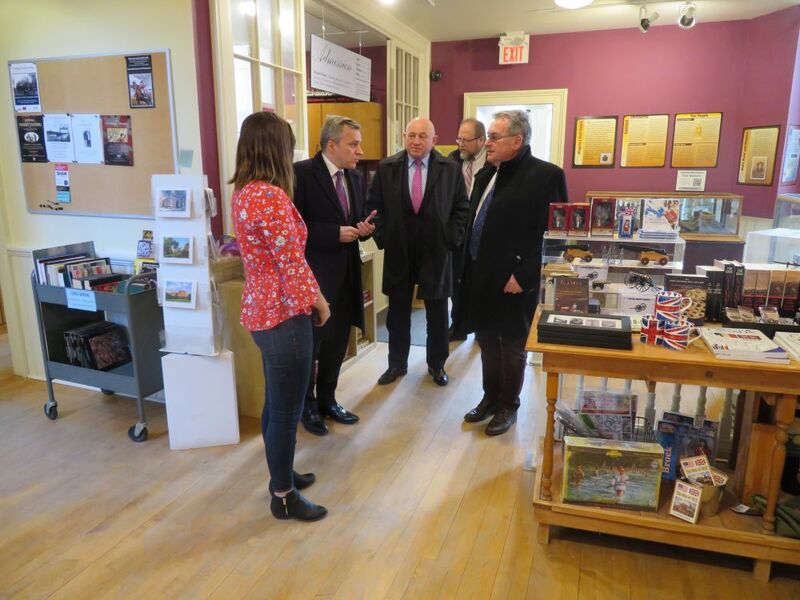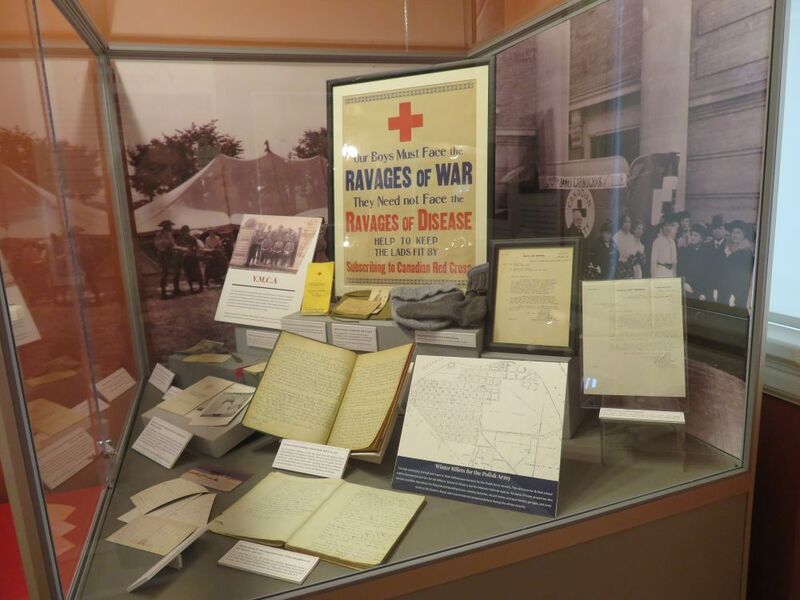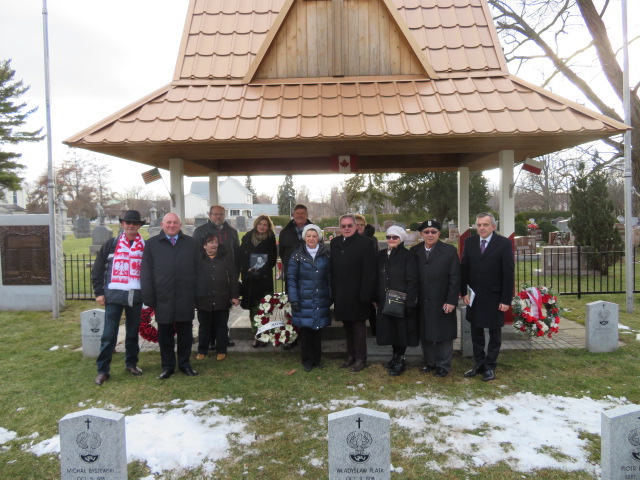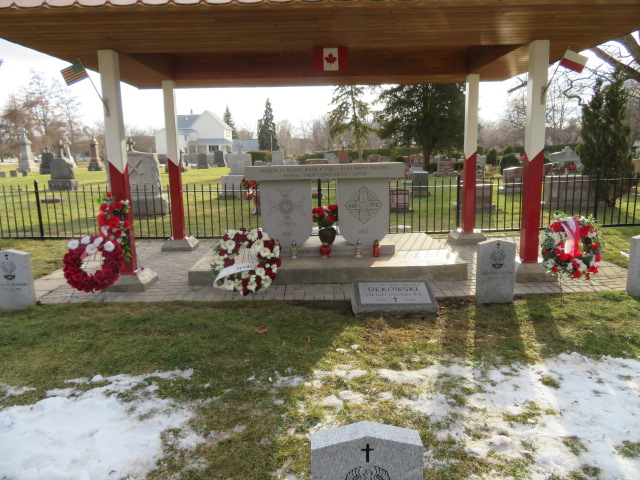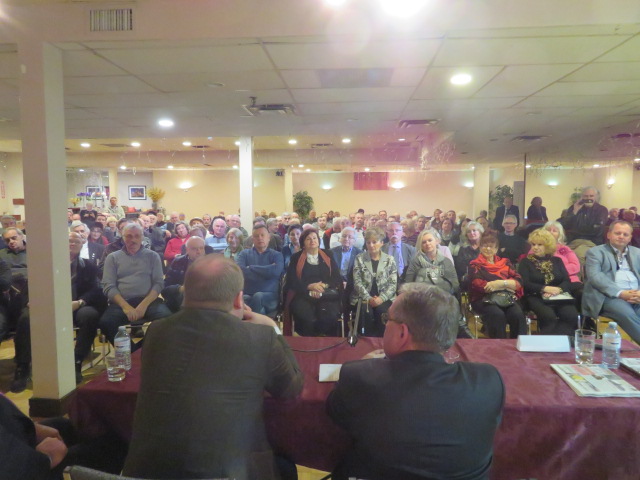As part of the undertaking, they further held talks with Ludwik Klimkowski, Chairman of the Tribute to Liberty organisation, Arif Virani, Parliamentary Secretary to the Minister of Canadian Heritage, Chaouki Dakdouki, Director of Commemoration at the Ministry of Heritage, Francine D. Lefebvre, Senior Manager of Commemorations and Public Art at the Department of Canadian Heritage, Patrick Brunette, responsible for international relations at the Ministry, Mark Kristmanson, Chief Executive Officer and Luck Groulx, project consultant at the National Capital Commission.
The individual arrangements concerned the legal aspects of building the monument, project specifications, cyclical implementation phases, as well as the historical, artistic and symbolic value of the commemoration. The monument is co-financed by the Canadian government. The Hungarian government is also involved in the project. The Czech Republic and Slovakia are considering their contribution. In addition, donors from various countries are participating in the endeavor. The funds for the construction of the monument are being collected by ‘Tribute to Liberty’. The originators are interested in engaging Poland in the initiative, which is why they have asked for support from the Institute of National Remembrance, which since 2016 has commemorating listed as one of its statutory tasks. The structure will consist of 365 ribs symbolizing 365 days of the year. The three main parts are to be: the names of the victims, the dates of the crimes and a plaque with a symbolic message. In artistic terms, the design is to reflect the transition from darkness to light, from enslavement to freedom. The element that links the work with Canada is its presentation as a place of refuge, peace and freedom. The monument aims to pay homage to the victims of communism and at the same time to emphasize Canada's friendship with the oppressed nations. After thoroughly analysing the project documentation and consultations with other Polish institutions of a similar profile, the Institute of National Remembrance will decide on its participation in the undertaking.
In the evening of February 15, the embassy authorities organised a meeting of representatives of the IPN with the Canadian Polonia. The ceremonial speeches were given by Ambassador Andrzej Kurnicki, Deputy President of the IPN Jan Baster and Director of the Office for Commemorating the Struggle and Martyrdom Adam Siwek. The event was devoted to the monument and amendment of the act on the IPN. The Ambassador and President stressed the common fields of cooperation in the popularisation of history by means of exhibitions, publishing educational materials and jointly preparing the celebrations of the Independence Centennial. They focused on Polish-Jewish relations and Pope John Paul II. The possibility of co-organising international conferences was also discussed . President Jan Baster spoke about the Institute's activities from the year 2000 when it was established, to the present day, taking into account statutory changes. Particular attention was devoted to the creation of two new substantive units in the structure of the Institute of National Remembrance - the Office of Commemorating the Struggle and Martyrdom and the Office of Search and Identification, the de-communisation of public space, as well as the above-mentioned penalisation act. Discussing the latter, it was clearly stressed that its purpose is to defend the good name of Poland and fight against defamation, false messages and historical codes. At the same time, President Baster confirmed that the Act does not limit the freedom to conduct scientific research or artistic activity, recalling adequate provisions of the legislation. Director Adam Siwek explained the specifics of the work of his Office and the difficulties encountered in the process of de-communising public space. He mentioned the cooperation of the unit he was managing with the Office of Search and Identification. The audience was particularly interested in Polish-Jewish relations, Polish-Ukrainian cooperation, access to archival documentation of the Institute of National Remembrance, the possibility of transferring materials to the Institute's resources, a catalogue of secret collaborators and reactions to defamations. Polish organisations in Canada expressed the need for increased distribution of English-language educational materials abroad: publications, games, comics and exhibitions, as well as considering the distribution of online publications. Polonia representatives declared their readiness to cooperate with the Institute of National Remembrance as ambassadors of Polish culture, tradition and history in Canada.
On February 16-17, upon the invitation of Consul General Krzysztof Grzelczyk, the IPN delegation under the chairmanship of the Deputy President of the Institute of National Remembrance Jan Baster stayed in Toronto. On February 16, the representatives of the along with the Consul General and Consul Andrzej Szydło visited the Niagara Historical Society and Museum dedicated to Camp Kosciuszko in Niagara-on-the-Lake, where over 22,000 volunteers from Canada and the United States were trained to the Polish Army in France during the First World War . Moreover, the representatives paid homage to the soldiers resting at the "Hallerczyk cemetery", the only one of this kind in North America. On November 27, 1923, General Józef Haller, along with doctor Michał Straszewski, Consul General in Montreal, decorated the monument of Polish soldiers with the Silver Cross of the War Order Virtuti Militari. The representatives of the Institute of National Remembrance attended a meeting with the Polish diaspora at the headquarters of the Polish National Alliance, preceded by a press conference, they answered questions about the possible participation of the IPN in the building of the Memorial to the Victims of Communism, amending the Act on the IPN and future cooperation with the Institute which would enable effective responses to defamations appearing in foreign media. The meeting, which gathered a very large number of participants, began with the speech of President Jan Baster regarding the project of creating the commemoration as well as the activities of the IPN in Canada. Adam Siwek presented the tasks and activities of the Office for Commemorating the Struggle and Martyrdom and Agnieszka Jędrzak discussed current international projects. The representatives further responded to numerous questions about the effectiveness of the amendment to the Act on the IPN, Polish-Jewish relations and Polish-Ukrainian relations, as well as increasing the distribution of educational and popular science materials for the needs of the Polish diaspora. The guests also appealed to the audience to pass on documents and materials to the Archive as part of the "Archive Full of Remembrance” project and to nominate people , institutions and organisations for the IPN’s Custodian of National Memory Award. On February 17, President Jan Baster together with Consul General Krzysztof Grzelczyk and the Parliamentary Secretary of the Ministry of Heritage, Arif Virani laid flowers at the Katyn Monument and honored the victims of the Smoleńsk Disaster.
